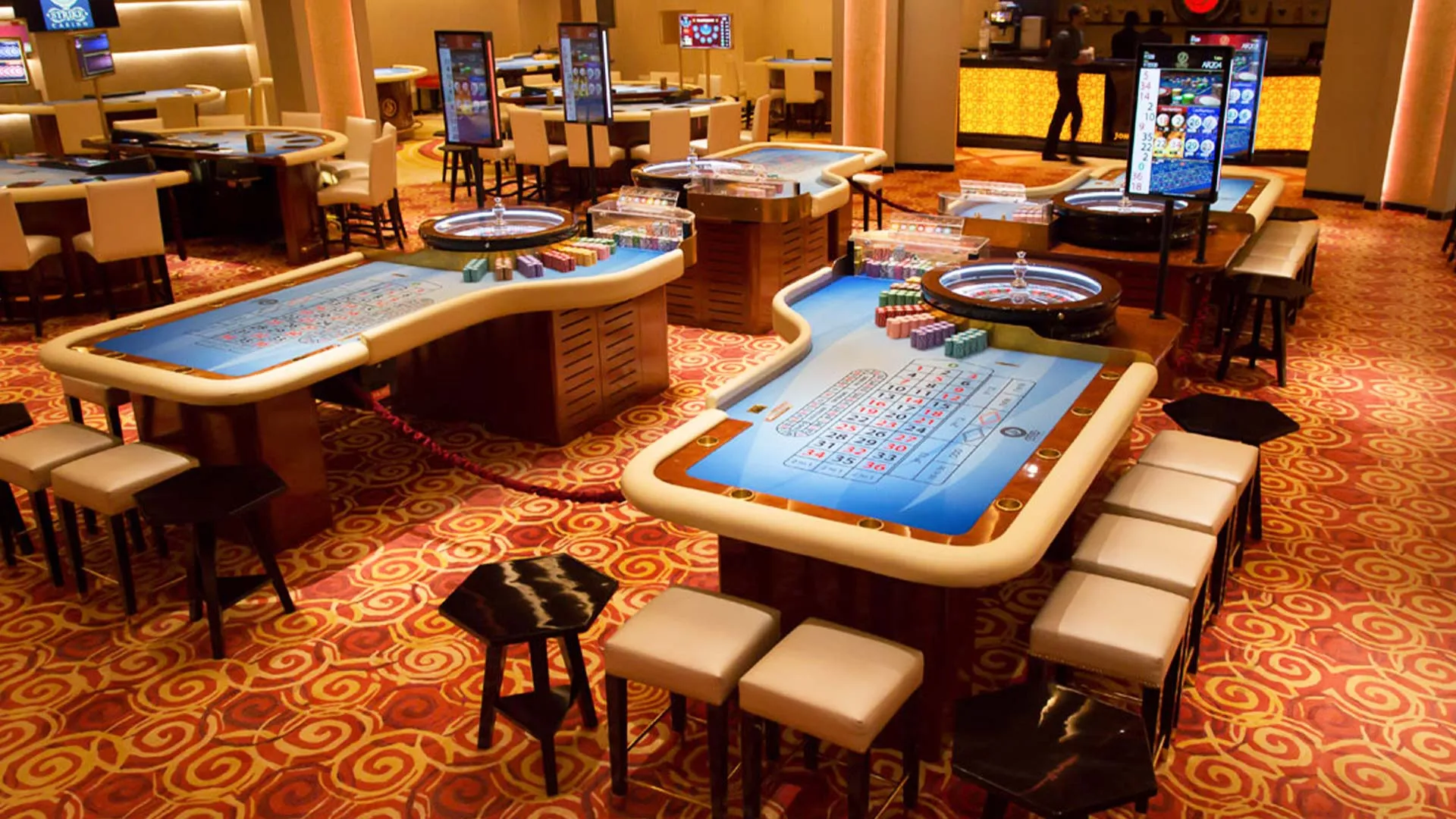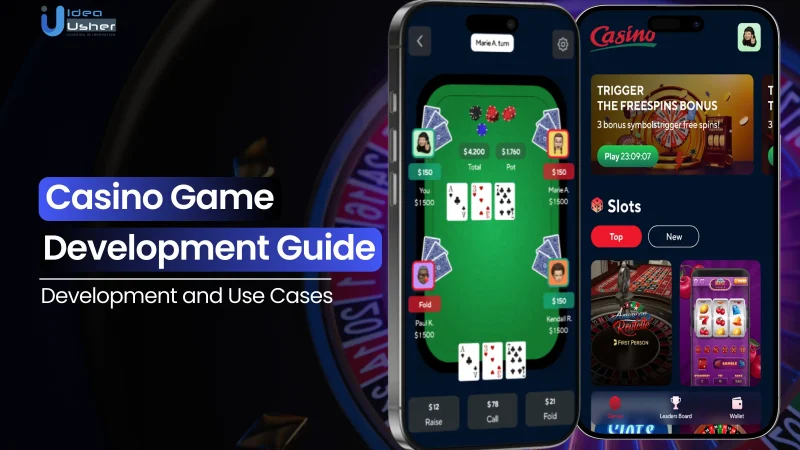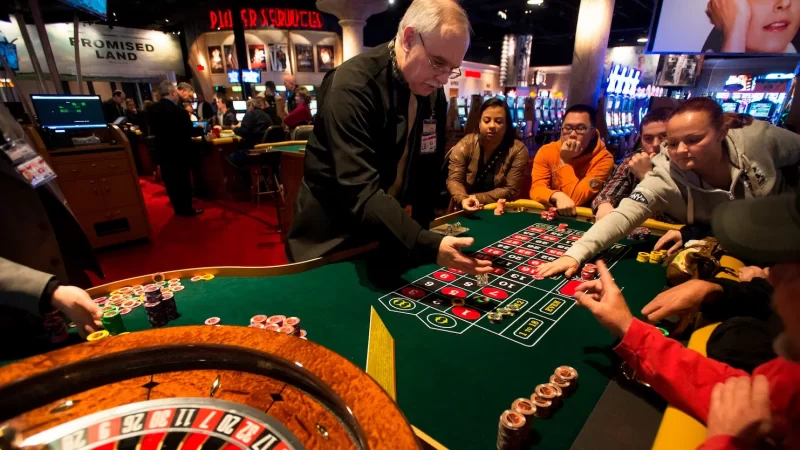The Role of Compliance in Casino Operations.

Casinos are also a risky place for money laundering and terrorist financing, requiring prior pre-screening and monitoring of their players and any third parties that walk in.
Nonconformity can be devastating to casino operations. Hence, casino managers must know how to make things compliant in a way that is best practice.
Regulatory Compliance
Gaming compliance – such as anti-money laundering (AML) regulations and responsible gambling – must be enforced on a casino’s behalf on a local, national and international level, and the ramifications of noncompliance must be clear to all employees.
Good casinos create a culture of compliance by pushing honesty and accountability from employees. It’s how staff know when they’ve gone too far, and can notify management when they go overboard without fear of retaliation or discipline.
Casinos have to place emphasis on internal controls and monitoring systems as well as an environment of compliance. Creating reporting processes that are straightforward prevents mismanagement by separating tasks like authorizing transactions, processing and reconciling data.
Casinos must stay up-to-date on regulatory changes impacting their business through industry newsletters, compliance consultants and staff training sessions.
Anti-Money Laundering (AML) Compliance
Money laundering is also very high at casinos due to the large amount of cash transfers they accept, which requires stronger safeguards by casino operators. These must be customer due diligence (CDD), involving identity and money source verification; enhanced due diligence for increased money laundering risk (EDD); as well as a surveillance of third-party vendors, including caterers, security or janitorial services who operate in conjunction with the company.
Casino owners looking to ensure their AML program remains a success need to implement compliance software that will help them track transactions and identify suspicious activities, train employees to recognise and report suspicious activities, and also perform periodic internal audits to determine if their regulatory responsibilities are being met; an audit may reveal areas for improvement and corrective action can be taken – which could save them large fines should regulators find them in violation of their AML rules.
Employee Training
Casino staff need to be trained on the detection and blotting out of suspicious activity. They should be cognizant of their regulatory obligations and what will happen to them if they fail to do so – heavy fines, reputational damage. Casinos can make it easier for their employees to be able to follow the internal policies and respond effectively when compliance is a problem, by creating an open-door policy and periodic training refreshers.
Casino workers need to be up to speed on any changes in laws and law that affect their operations. Develop new compliance management tools and get the correct data to submit back to the authorities and regulatory agencies, as well as technologies that will provide scalable but customizable training solutions for the training of staff. ELearning can be a viable and affordable solution to offer and maintain risk based training at multiple locations and for different employees, ensuring compliance training is current and relevant to the role and responsibilities in question while saving money through a virtual training session.
Monitoring Systems
Casinos have to set up internal controls to find, assess and contain threats to profitability. Those controls range from anti-money laundering (AML) software, reporting and auditing processes, to employee training. Casinos too need to be on the cutting edge of the regulations and compliance requirements.
The right compliance plan can help casinos avoid a regulatory violation and protect the reputation by creating an accountability culture, where employees know they are responsible for compliance and can report problems with zero-tolerance.
Casinos should have constant contact with regulators and other industry members to be updated on evolving gaming regulations and policies, conferences and seminars to network with colleagues, gain best practices for reducing regulatory risk, and membership in gambling organizations to receive timely updates on applicable policies and to maintain relationships among casino operators peers that can alleviate some of the same issues.







